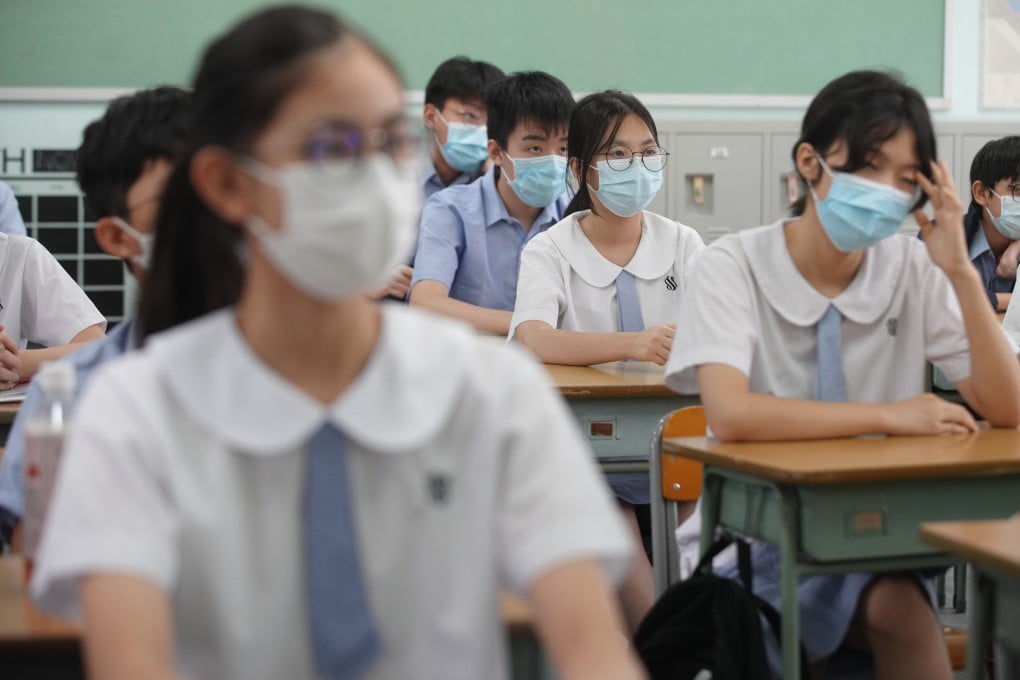Opinion | How Hong Kong school closures have robbed students of critical life experiences
- Each time schools have been shut and timetables trimmed, extracurricular activities that aid personal development have been the first to go
- While e-learning may make up for gaps in academic teaching, there is no substitute for team-building and problem-solving at school

“Suspending Classes without Suspending Learning” was the slogan used by the Education Bureau and educators to promote continuous e-learning during Covid-19 outbreaks. In some ways, the availability of digital tools to facilitate teaching and learning outside classrooms has allowed policymakers to use class suspensions as a core measure for controlling infection.
However, schools are more than just institutions for acquiring knowledge; they offer a relatively safe environment for young people to try new things, build confidence and develop social skills. This is particularly relevant for upper-secondary school students, who tend to take up important roles in organising functions and interschool activities.
Running the student council, being a school prefect, joining clubs and societies – all these offer valuable opportunities to develop teamwork, leadership, organisation and problem-solving skills. These experiences help young people stretch themselves and discover personal strengths and interests, preparing them for tertiary education and their future careers.
On an average half-day at most local schools, students attended face-to-face lessons in the morning, then rushed home for lunch before joining remote zoom classes (and sometimes, additional private tuition lessons) in the afternoon.

